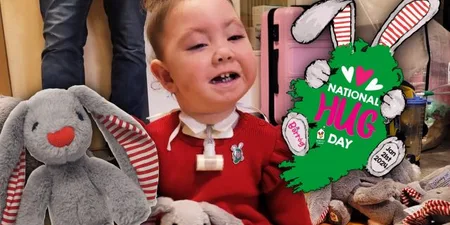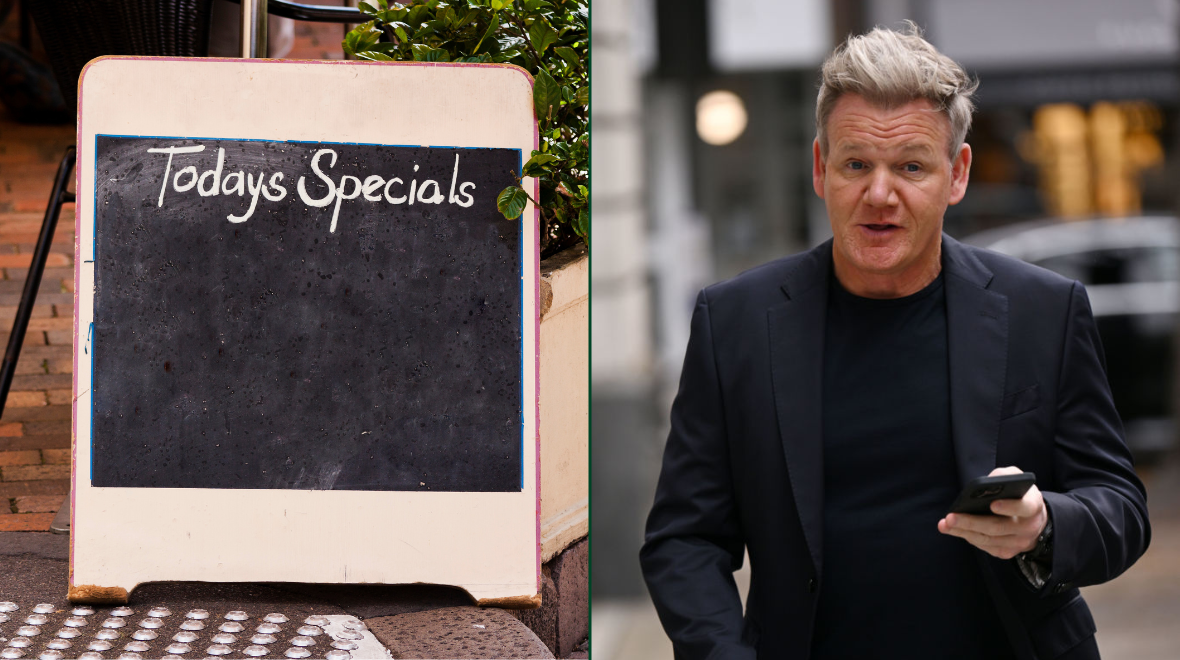There has been an increase of 30% in accommodation fraud in 2022 in comparison with 2019.
Gardaí are advising the public to be wary of rental scams, particularly at this time of year when students are returning to college.
According to Garda statistics, there has been a 30% increase in accommodation fraud between February to July in 2022, in comparison to the same months in 2019.
€291,452 was stolen in these types of scams in 2022, as opposed to almost €250,000 in 2019.
Gardaí said that around 50% of these incidents occurred in Dublin, with €1,300 being the median amount stolen.
With an over 50% increase in victims of accommodation fraud aged under 25 this year and with the return to college timeframe often leading to a spike in these types of scams, An Garda Síochána has offered advice to the public to avoid getting caught out.
Detective Superintendent Michael Cryan of the Gardaí National Economic Crime Bureau has said members of the public should only use recognised letting agencies or deal with people who are bona fide and trusted.
As websites can be cloned, people are urged to check URLs to ensure the websites they visit are real and to take note of the privacy and refund policy sections.
The public should also be very wary of social media advertisements or cases where the person letting the location will only communicate via messenger or Whatsapp.
People are urged to push for direct answers in such a situation and to disengage immediately if the responses they receive are vague.
Members of the public should also watch out for unsolicited contacts or cases where the contact appears to be based in other jurisdictions, especially if there is a sense of urgency such as “a one-time offer”.
Meanwhile, if a person decides to take up an offer, they should only use trusted money transfer systems like a credit card.
“Never transfer money direct, pay cash, pay into cryptocurrency wallets,” Gardaí said.
“Be wary if a website is asking you to send money to a random PayPal address or asking you to wire it by Western Union or to pay in iTunes gift cards or asking you to pay for long-term rental accommodation via a short-term letting website or only deals in cryptocurrency.
“Most of the time, those methods are done to avoid scrutiny and ensure that a transaction can not be reversed.”
In terms of red flags and warning signs, Gardaí list the following:
- When the landlord is unable to meet up to show you the property in person
- When communication is only through text or WhatsApp or another social media platform
- When the property is offered with no questions asked and payment demanded immediately before signing the lease.
- When you are asked to pay cash, cryptocurrency or money via a non-bank transfer (such as wire transfer)
Instead, people are advised to adhere to this checklist:
- Never agree to rent a property without first having the opportunity to view it
- Do not hand over cash, insist upon a proper receipt
- Ensure that the keys work and you have proper contact details for the landlord or agent
For more information, visit the fraud section on An Garda Síochána’s website here.
This article originally appeared on Joe.ie.
READ ON: AIB fraud victim shares story online as he had his life savings ‘absolutely raided’











































